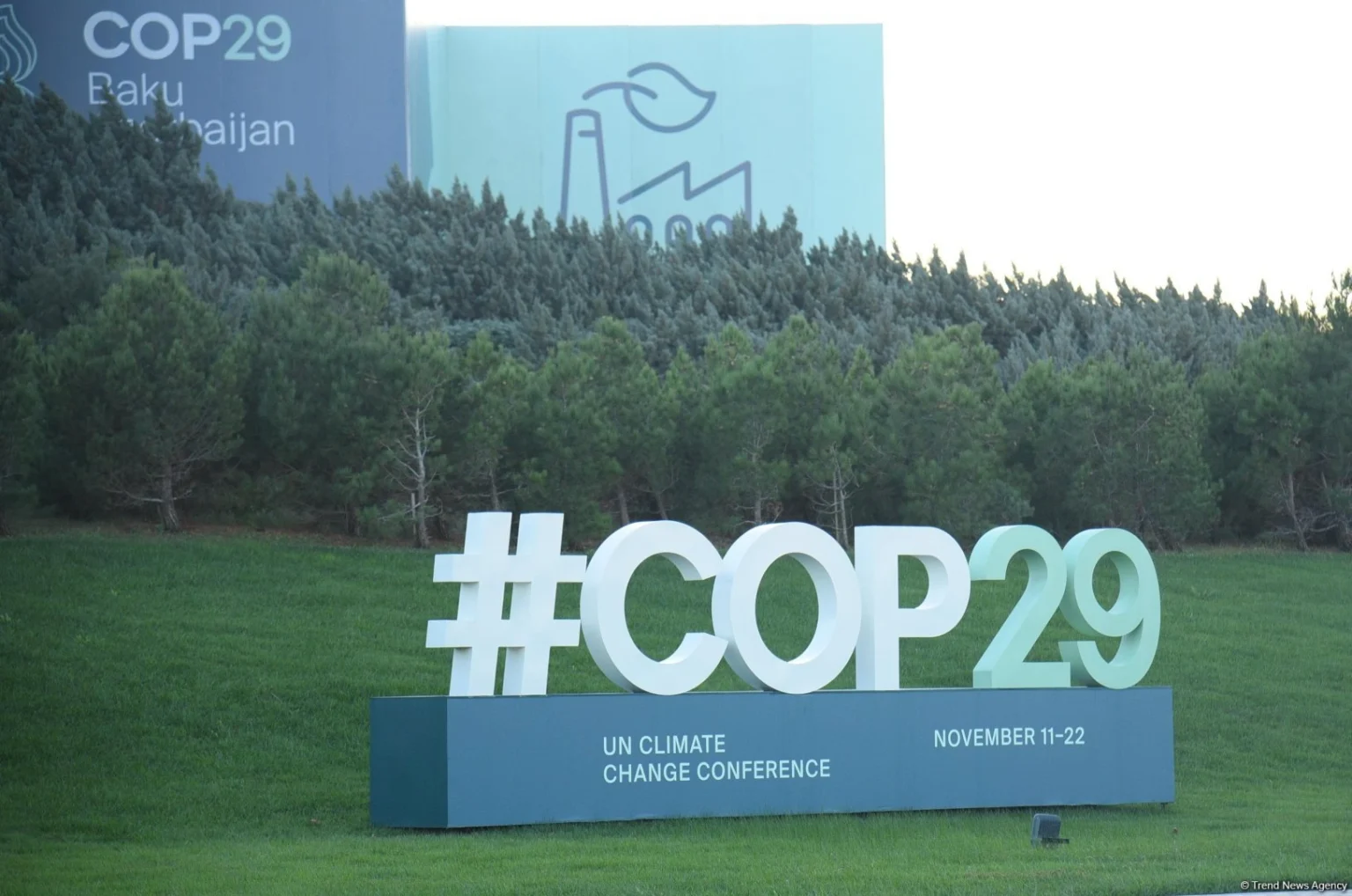Bangladesh’s interim leader, Muhammed Yunus, expressed frustration at COP29 talks, criticizing the “humiliating” struggle for climate finance. Leading a country highly vulnerable to climate impacts, he insisted that wealthy countries responsible for most emissions should bear the costs.
“It’s humiliating for nations to ask for help to fix problems caused by others,” Yunus said during the UN climate talks in Azerbaijan. “Why should we be dragged here to negotiate? It’s not a fish market.”
Developing nations are pressing for much more funding from richer countries to cope with climate impacts and transition to cleaner energy.
Meanwhile, a new report revealed that carbon emissions from fossil fuels hit record highs this year. To meet the Paris Agreement’s 1.5°C target, scientists now say net-zero emissions must be reached by the late 2030s, not 2050, as initially planned.
Yalchin Rafiyev, Azerbaijan’s chief negotiator, emphasized the urgency: “The time window is narrowing we must act now. Reaching a deal on climate finance will help us keep 1.5°C within reach.”
Negotiators face challenges in reaching a climate finance agreement. Developing countries seek $1.3 trillion annually, over ten times current contributions from the U.S., EU, and Japan. Wealthy donors, facing pressures at home, prefer private sector funding, which NGOs criticize as “wishful thinking.”
Prime Minister Philip Davis of the Bahamas stressed the debt burden on developing nations, noting they spend 18 times more on debt than they receive in climate aid. “We mobilize funds for wars and pandemics,” he said. “Why not for the climate crisis?”
Albanian Prime Minister Edi Rama expressed his frustration, skipping his prepared speech to criticize absent leaders. “Our words about climate change mean nothing if we don’t act,” he said.
Diplomatic tensions emerged as well, with France’s ecology minister boycotting the event after Azerbaijan’s president criticized France. The strained relations stem from France’s support for Armenia, Azerbaijan’s rival.
Despite the challenges, COP29 saw progress as Brazil, the next COP host, pledged to cut emissions 59-67% from 2005 levels by 2035.





